The Royal National Lifeboat Institution is marking the 80th anniversary of VE Day as it remembers its heroic crew and the part they played in the Second World War.
The RNLI played a vital role in the war effort, with lifeboats launching 3,760 times, coming to the aid of those in need from ships and aeroplanes, saving a total of 6,376 lives.
RNLI lifeboat crews not only went to the aid of ships that had been wrecked, but also to towed vessels loaded with explosives and top secret information. They navigated minefields, rescued downed aircrew, ferried food to remote villages, brought doctors to the injured and took priests to the dying.
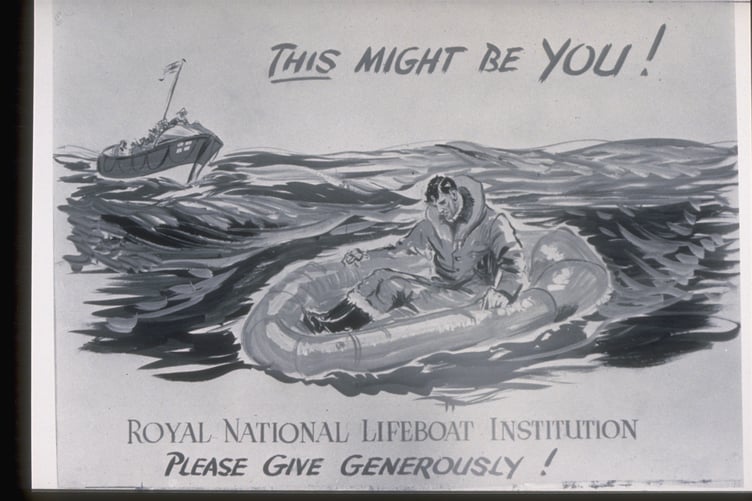
During the war years (1939–1945), RNLI lifeboat stations across Wales were actively involved in numerous rescue operations, often under perilous conditions.
Significant rescue efforts in Wales involved Moelfre Lifeboat Station in 1940 and 1943.
On the 28/29 January 1940, volunteer lifeboat crew rescued a crew of 60 from the SS Gleneden of Glasgow during a north easterly gale and very rough sea. The crew showed great skill and endurance and a Silver Medal was awarded to Coxswain John Matthews and a Bronze Medal to Motor Mechanic Robert Williams.
In 1944 The Mumbles lifeboat, Edward, Prince of Wales, rescued 42 crew members from the Chebogue during hurricane conditions, highlighting the relentless efforts of the Welsh volunteer lifeboat crews in saving lives amidst wartime perils.
The last lifeboat launch of the war happened one minute before the Second World War ended, with Salcombe lifeboat launching to a Norwegian minesweeper which had encountered an explosion off the coast of Devon. Torbay and Salcombe lifeboats conducted a search of the area but, sadly, only two cushions were found.
Tragically, during the war, many lifeboat crew lost their lives during rescue efforts. In all, 12 lifeboat crew lost their lives trying to save others and a total of seven lifeboats were lost in various ways – from air-raids on lifeboat stations, to being captured.
Many crew were recognised for their bravery and a total of 204 RNLI gallantry medals were awarded to lifeboat crew for their wartime efforts.
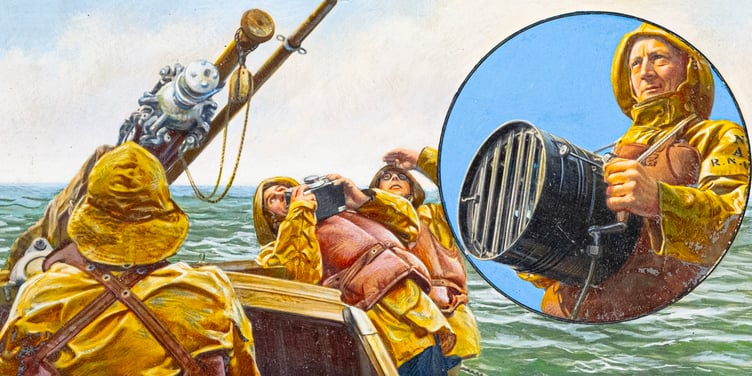
The RNLI was recently awarded a grant from The National Lottery Heritage Fund to research and share stories of courage from the Second World War. The project, called RNLI 1939-45: Stories of Courage explores and commemorates the charity's Second World War story.
Hayley Whiting, RNLI Heritage Archive and Research Manager, says: “As we mark the 80th anniversary of VE Day, it’s an important time to reflect on the valiant work of our volunteer crews during the Second World War and the courage and determination they used to save lives at sea.
“The RNLI has a rich history and has been saving lives at sea for over 200 years, it played a vital role in the Second World War and saved a total of 6,376 lives. We know there are more stories from the Second World War connected to the RNLI that are yet to be discovered, we want to find them now before it’s too late.’
The RNLI was awarded a grant from The National Lottery Heritage Fund to research and share stories of courage from the Second World War. The project, called RNLI 1939-45: Stories of Courage explores, commemorates the charity's Second World War story. Email [email protected] if you have a story you would like to share.

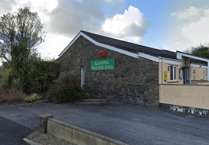
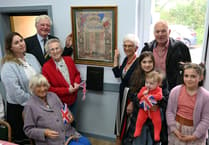
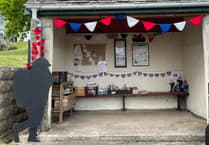
Comments
This article has no comments yet. Be the first to leave a comment.